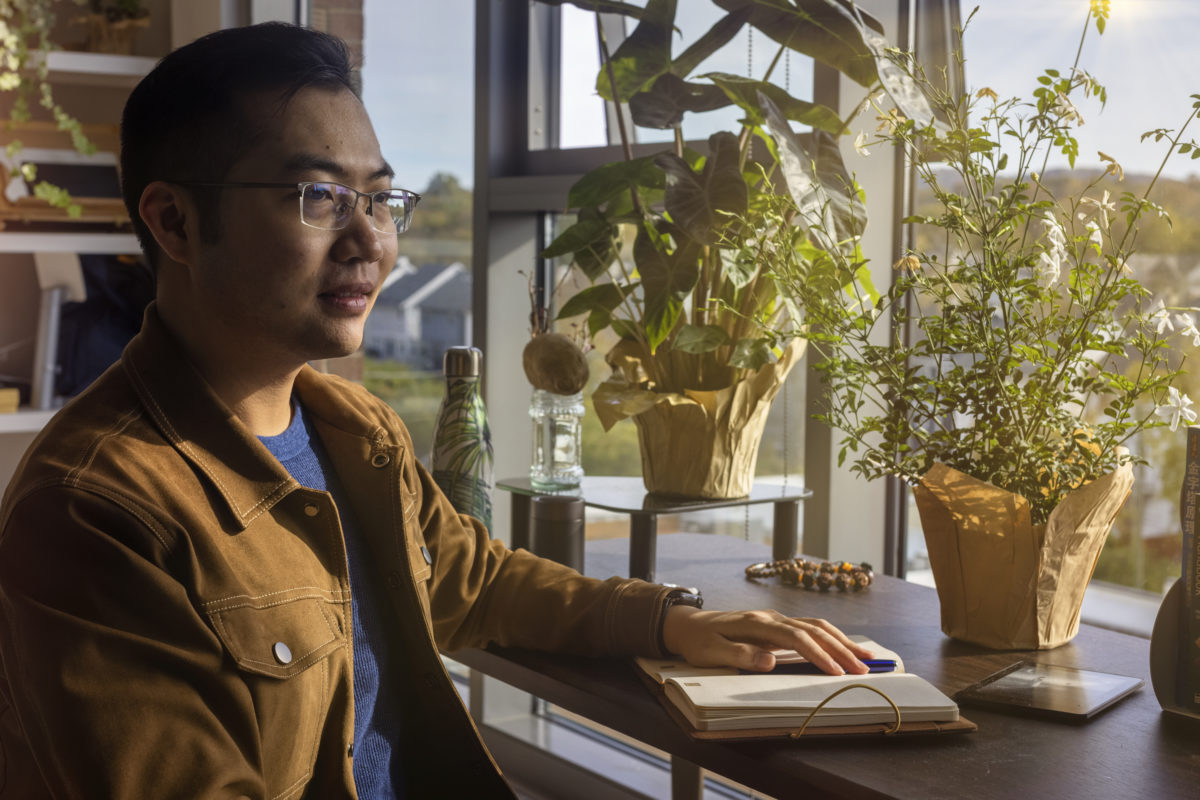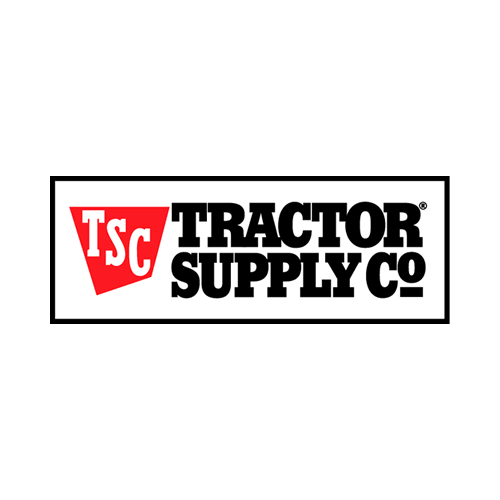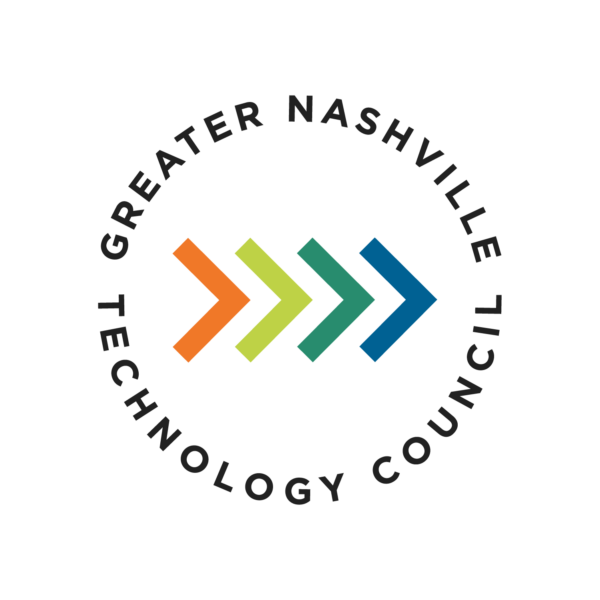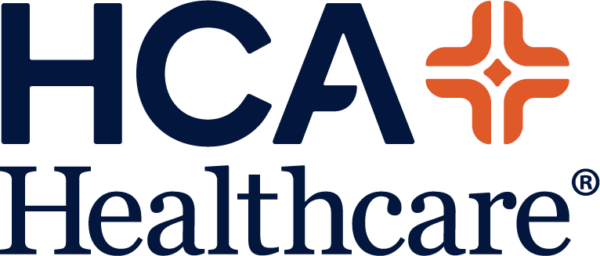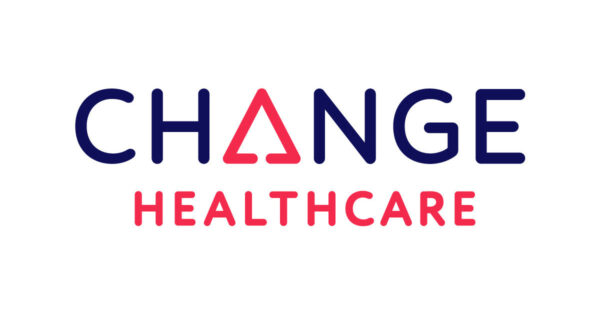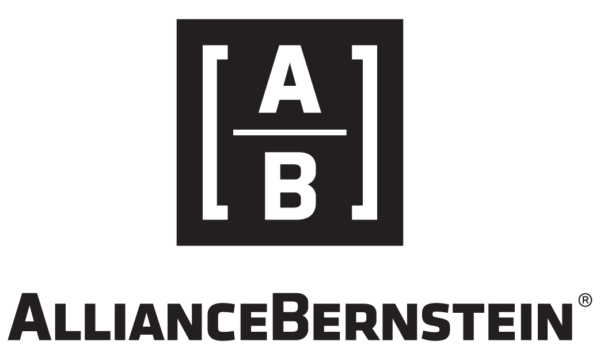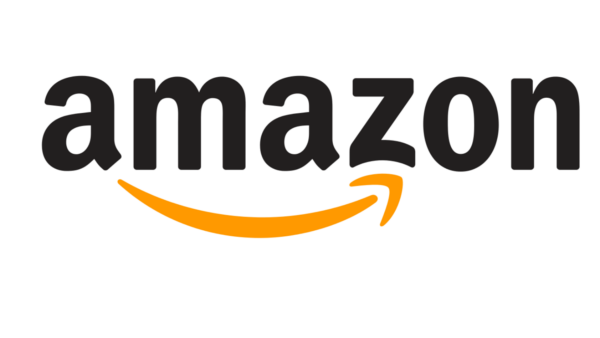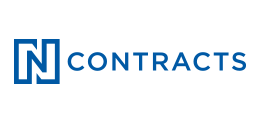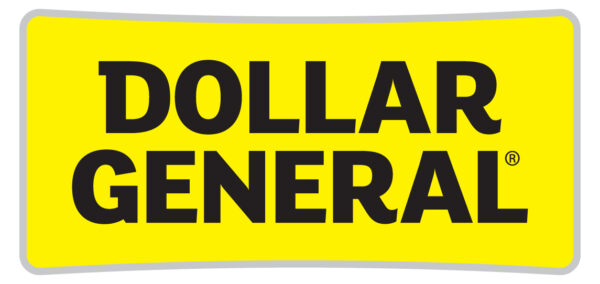Li Qin is a software engineer for Yoshi, a company that delivers gas and other automotive services. He’s worked with the company since May 2019, back when they were located in Silicon Valley.
“I’m just a guy who wants to have a more eventful life,” Li says.
He came to Nashville at the end of June 2021, after Yoshi announced that the company would relocate its headquarters from Silicon Valley to Nashville. At that time, the company pledged that the move would create 100 jobs in Nashville over the next three years.
Going to School to Study Tech
Originally from Changsha (capital city of the Hunan province), Li went to school to become a writer. He was a fan of Chinese literature, and wanted to try his hand at creative writing. Li’s logical side told him that he shouldn’t box himself into something that may be a fleeting interest. So, when he was planning his academic course load, he made sure that he took some classes related to industrial technology. Fascinated by the subject, he changed his concentrations of study to tech and economics. Li earned both his Bachelor of Arts in Economics and his Bachelor of Science in Engineering in Internet of Things (IoT) technology at the Beijing Institute of Technology.
At the time, Li wanted to experiment with an IoT application for a “smart flower pot” concept “to let a plant before like a pet to accompany people.” Li had loved plants since he was a child, and had already created a prototype of this flower pot back in college. This prototype was able to detect things like plant temperature, and upload data from the acquired sensors to a user’s smartphone. After the prototype was developed, Li was able to get a crew of his classmates together. Together, the students tried to create a company. Sadly, the company wasn’t able to get the investment capital it needed, and thus it folded.
While saddened that the idea didn’t take off, Li didn’t give up. He was still interested in seeing how innovation could make the lives of others easier. With this idea as his guiding principle, Li did some career searching toward the end of his college experience. He spent four months—between 2014-2015—as a data development engineer intern for the Weibo Corporation, a social media platform. After the internship ended, he was part of a foreign exchange program for his dissertation in 2015, at the Université de Tours.
“I worked one year in Beijing at that time at a big company,” Li says. That company was Baidu, which Li explains is “the Chinese Google.”
Betting on Yourself
After working at Baidu for a full year, Li felt that he wasn’t making enough of an impact in his work at such a big company. Working for Baidu also came with a tremendous amount of pressure, too many work hours, and not enough creative input. He was grateful for such a hard to unlock door being opened for him, but he felt like just another piece in a giant machine.
Since Li now knew what it was like to work at a tech company, he wanted to test his luck and see if he could find something that would be better suited for him.
“I wanted a stable, regular, organized life,” Li says. “So usually if I want to have a given life, I need to make a rational decision to move in another direction. So I said, ‘OK, I want to try a different country, a different style.’”
In August 2016, Li decided to go to school to pursue a master’s degree in the United States. He relocated to The George Washington University in Washington, D.C.. Li’s hope was that an academic pursuit in a new country would give him a fresh start and an avenue to learn more about technology.
Li chose to move to the U.S. because “it is the tech center of the world.” He wanted to learn from the leading innovation experts. He recalls, “When I made the decision at that moment, I felt kind of relieved, you know?” He compares his decision to move to America to how his colleagues felt at Baidu, and says that many of them were not sure that they wanted to stay with the company past the immediate future.
Finding Tech Work in the U.S.
After getting his master’s degree in 2018, Li moved again from Washington D.C. to San Francisco. He applied for a few jobs before landing his current role at Yoshi.
Li wanted a job with Yoshi because of a shared set of values. “Yoshi wants to make people’s lives easier…” Li explains. He admires how the company helps motorists by bringing automotive products and services to their location, instead of one having to call a friend, hitch a ride, and then come back to their vehicle. Li also appreciates that the business was able to bring an innovative business model to a point of success while providing “world-class customer service.”
Working at Yoshi, he’s been able to improve the user experience of customers directly by releasing useful features and helping to create their loyalty program or improve their charging system. By keeping Yoshi’s services top-of-the-line, Li feels direct responsibility for pleasing corporate Yoshi customers like HCA Healthcare, GM, ExxonMobil, and the American Heart Association.
According to Li, Yoshi’s outlook for the next few years is pretty bright. He’s working on yet-to-be-announced releases for the company as it expands its service locations post-pandemic.
Li says, “I really like the company’s culture. We always say, ‘Keep Moving! Keep improving!’ That’s a good culture.”
Li invites other members of the Nashville tech community to reach out to him via LinkedIn to network and share stories. For further information about Yoshi, be sure to visit their website and social media.
